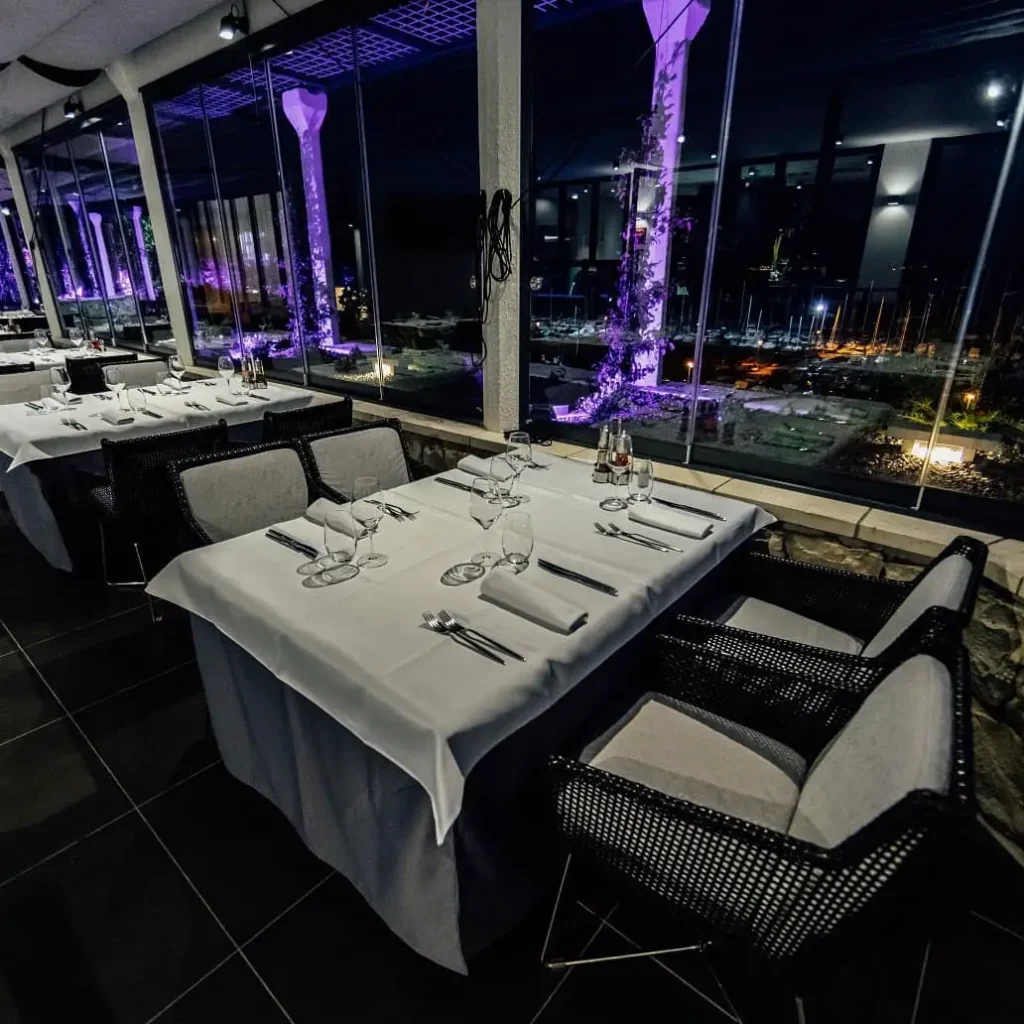May 26, 2020 — This was supposed to be a good year for foodies in Croatia. Michelin Stars, increased visibility, delivery apps, and ever-increasing tourism numbers fueled a gastronomic renaissance in Croatia. Hopes for a boom in 2020 remained high. Now, some restauranteurs and hospitality workers will hope to merely survive until next year.
Dalmatia’s chefs expect a catastrophic season. Not merely measured against the last few years, but overall. Between the coronavirus pandemic, costly epidemiological measures, the ensuing economic downturn, a late start to the summer season and general uncertainty, revenue at some eateries could plunge by 70 percent compared to last year. Some chefs told Slobodna Dalmacija they won’t even bother opening unless they know they’ll recoup costs.
Restaurants in far-flung locations like Lastovo may suffer the most. Already disconnected from the mainland, a late start to the nautical tourism season combined with limited ferry service is forcing eateries on islands all along the Adriatic to remain closed.
It’s a strange irony of the coronavirus era: many Croatian restaurants think closed is the best way to stay open. At least in the long term. Marčlino Simić owner of Lastovo’s “Porto Rosso” did the math himself and kept his kitchen shuttered.
“For now, I do not intend to open my business because it is only an expense for me if there are no nautical tourists,” he said. “I’ll see around June 15 if anything changes.” He’s not alone.
“More than 30 percent of Croatian caterers will not open the doors of their facilities,” chef Duje Pisac of Puteus Palace said. “I am also sure that in September a huge number of restaurants and cafes will change owners, go for rent or sell.”
The chef last year brought in cooks and waiters from Serbia; the local labor market couldn’t match his needs. He’d been planning to hold on to the staff for this year, expecting a profitable season.
Puteus Palace, a boutique luxury hotel on Brač, will open on June 15. Cancelations for now remain low but nevertheless both wages and orders have been cut to save cash.
“This is the only way we can make money,” Pisac said.
“We canceled everything because there is no work, and there was a surplus of domestic labor,” he added. “The hotel kitchen where I worked with eight people last year, this year it will fall on three people. And God forbid that I stay on that number until the end of the season.”
Chef Braco Sanjin of Split’s “Kadene” reoriented the menu towards domestic guests — a tectonic departure from its usual offerings. Prices were slashed while attempting to maintain a fine dining experience.
It’s a tightrope many higher-end restaurants are walking — reducing prices but not quality — to compete in an industry already used to razor-thin margins.
“These are all necessary adjustments we had to make to survive this summer,” Sanjin said.
Ivan Pažanin — perhaps one of Croatia’s most-recognizable chefs and television mainstay — is cutting prices by up to 20 percent at “Štorija” in Split. He’s called for lower highway tolls to incentivize travel within the country.
Still, many worry the time lost since the mid-March lockdown will be hard to make up.
“Two non-working months in the busiest part of the year for caterers means a collapse, which will drag on for the next five seasons,” Pisac said. “And the worst will be for the one who took out the loans, or for the one from the lease.”
Šimić has dim hopes for his Lastovo establishment but sees a silver lining for the country.
“We will be happy to earn 35 to 40 percent this year compared to last year,” he said. “The coronavirus brought us a historic chance to change something, for knowledge to pass from our asses into our heads about which way this beautiful country of ours should go.”








